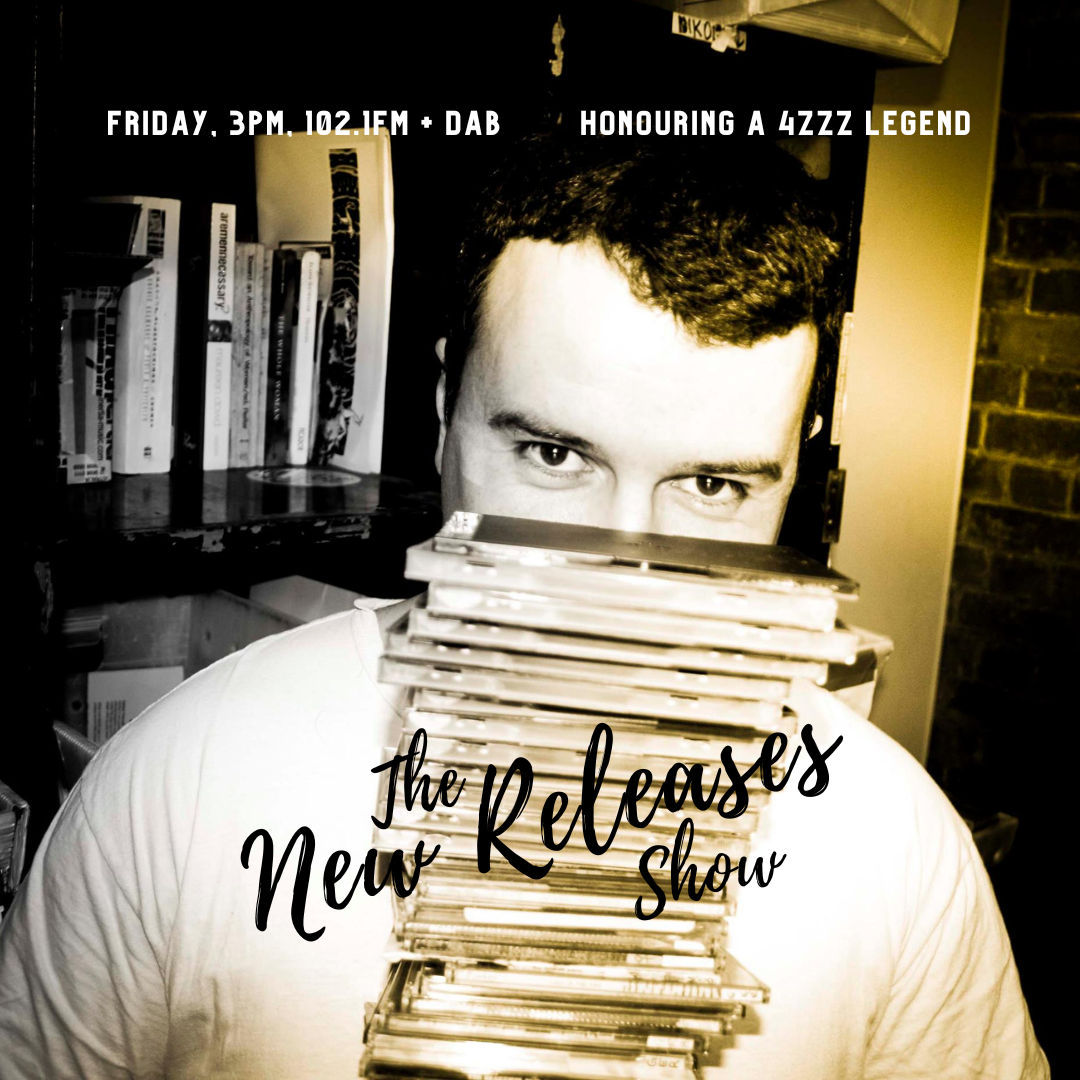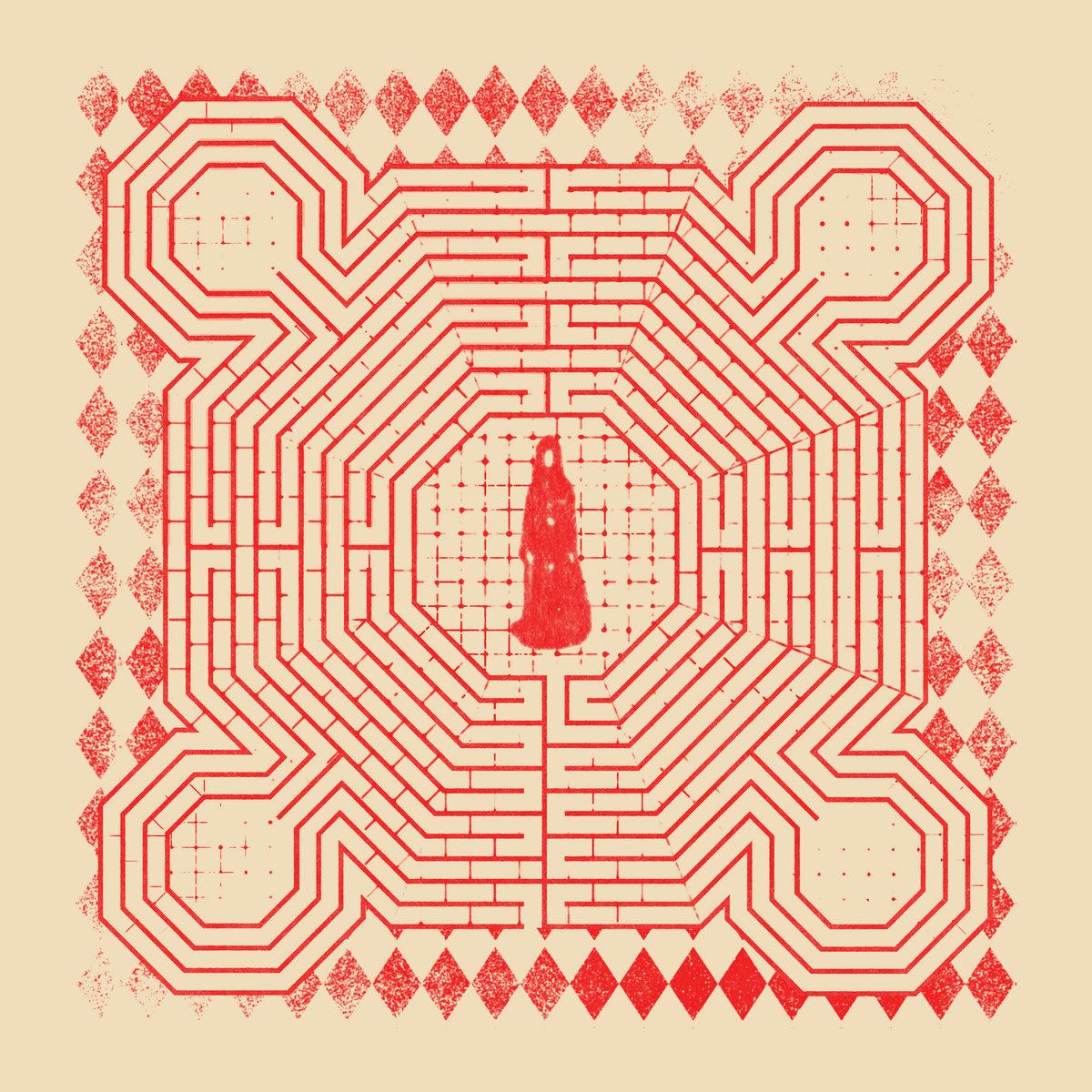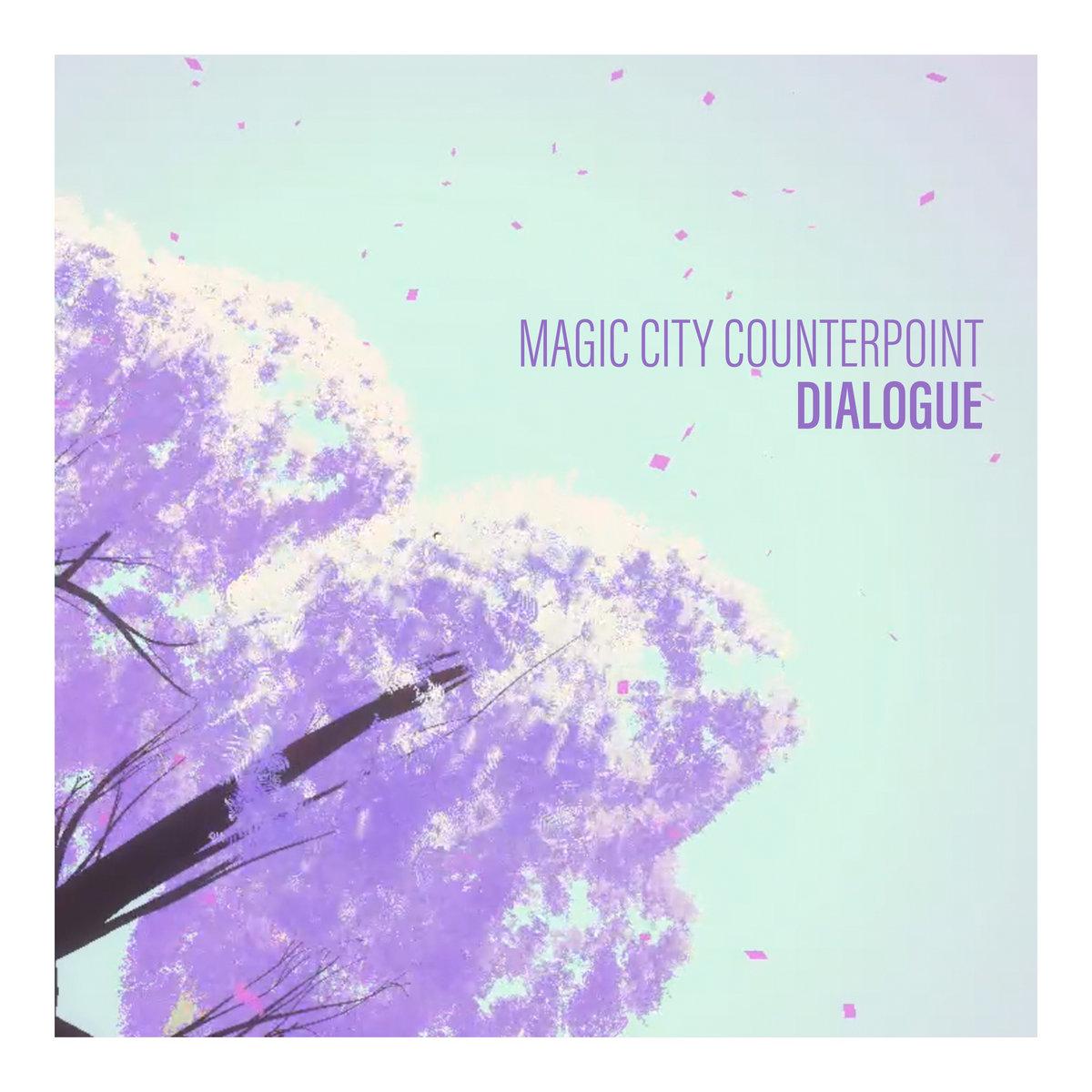
- I’ve often commented on the progression of jazz from club filling, dancefloor shaking entertainment to the kind of cold, mathematical experimentation that can only happen at the top of ivory towers. Do I have some, lingering, cliched bitterness toward the academy? Possibly, but on a more positive note I’ve been really pleased to hear the sounds of jazz dragged back on to the dancefloor, here in Australia as much as anywhere else. The likes of La Sape records fuse jazz that’s every bit intellectually engaging with four-to-the-floor house and other hip moving rhythms in a way that comes pretty close to satisfying all my needs. Jeremy Rose is a different sort of beast again. Superficially his brand new record Project Infinity: Live At Central Park sounds like something those university professors would sit there and bloodlessly appreciate … but there’s something more. A visceral quality grabs me every time I press play on this one. If Jeremy Rose composed the fundaments of this at the conservatorium (and yes I know this was a performance with a lot of improv), then there was a weird energy playing in the air that day and a slight shaking of the walls. This is jazz of a different kind.
There is precedent for this and you’ll find it in other jazz folks who cross over into the world of alternative music. Rose himself cites as influences Aussie supergroup Tangents and …another Aussie supergroup in The Necks, although god knows what genres and worlds they inhabit; and some people will get very angry if you try and guess. The Project Infinity band is itself a bit of a supergroup, with pianist Novak Manoljovic, a regular player for Ngaiire, ‘tronics man Ben Carey and drummer Tully Ryan of Godtet, a group that every bit belongs with the others mentioned here. Finally, listening to A Shape Of Thought, the opening of the Project Infinity record I get -not all the time- but sometimes, in the multiphonics of Rose’s sax playing, I can’t tell whether he’s blowing on an alto or tenor and I get some of the gritty, deeply pleasurable timbre of Colin Stetson.
Beginning on Excess Of Access it’s much more about those Necks comparisons, for me, as the track deploys cycling patterns of deeply foreboding, skittering and almost minimalist rhythms. It feels like a sense of great unease that you’re trying to suppress, but as it progresses Rose and co. overcome the fear, the harmonies become warmer, friendlier and finally, bursting through the clouds come the sunbursts of sax. It sounds glorious and … almost like Rose is saving the best bits for himself.
Symptoms Of Our Age follows a similar arc and, like a second drink, I’m very much happy to have the same again and at eight minutes, better make it a double. The optimistic ending makes me think that Jeremy Rose has slightly more hope for the future of the world than I do. Not that he’s without his qualms -which it appears no volume of blissful sax can erase- by the time the monolithic emotional discontent of Perturbation arrives. Nearly eleven minutes of those quietly fractured rhythms dance like an uncontrollable attack of neuropathy, prickling the skin. For all of the positive gestures that reconciled early moments in the performance it appears the Infinity Project’s heart is a troubled one. I think there might be a vein of mad science running through it, too: Ben Carey’s electronic additions bleep and bloop like a deranged professor’s laboratory out of a 1950’s sci-fi flick. Did a dose of something mind-bending from the good doctor produce this cold sweat up the back of my neck?
Iterative Semiotics was a great, kind of obvious choice for an early single. The bullish sax brings back those freaky overtones and duels with electronics which sounds like some kind of sine wave generator with syncopated reverb on it. It’s almost a returning echo, after the fact of the eeriness of the jazz, but I think the band can’t wholly help themselves, letting in that hint of funk which energises the cut. Just goes to show there’s almost no problem you can’t shake off on the dancefloor.
I don’t know how a track named Iterative Semiotics got to be so entertaining, but its partner in highfalutin intellectual theory, Heuristics, actually sounds like you would expect and slightly more like Messiaen than jazz for most of its length. Speaking of entertainment, it might just be a product of my endless immaturity but every time I hear it I spend all of the eight minutes of closing cut Memory & Sex interpreting what I hear through the slightly prurient lense of its title. There’s an off-kilter gyration, squelching sounds from the synth bay and ghostly echoes on the sax. It’s got beauty, sadness and a kind of rhythmic repetition that could be a couple going through the motions, trying to stave off the inevitable end. There’s the through-line of that beauty though, which no amount of banality can stave off; perhaps they -and we- can hold on to that part of the memory?
The subdued clapping at the end, reminds you that this has been a live show and adds still more awkwardness to the sexy qualities of what we finished up with. I’m very much not going to let that stop me from saying I really enjoyed this record: the evocative atmosphere, largely provided by the ranks of machines, the crawling, insect-swarm-like rhythms on the drums and keys and the ever-present golden soaring of the sax. Jeremy Rose is a busy man, touring around the world, band-leading, composing and running his own label, Earshift, on which Project Infinity: Live At Phoenix Central Park is being released. I do hope he finds time to put out more records like this though, because this kind of jazz is my jam.
- Chris Cobcroft.










